Son 'may die after Brexit stops cannabis medicine from Netherlands'
- Published
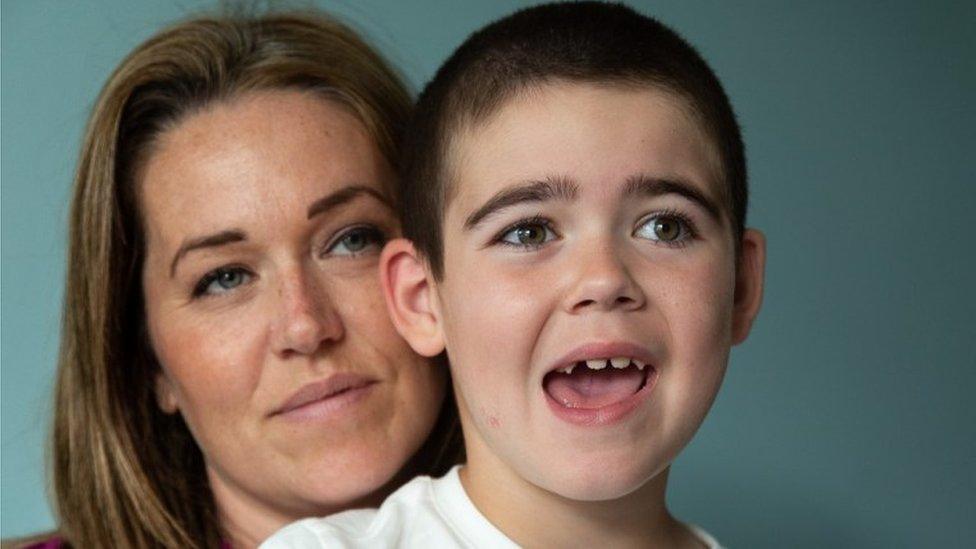
Alfie Dingley, pictured with his mother, has now been free of seizures for eight months, she said
The mum of a boy with epilepsy says his life is at risk after being told the supply of a cannabis medicine from the Netherlands will stop due to Brexit.
The UK government told Hannah Deacon prescriptions issued in the UK can no longer be lawfully dispensed in an EU member state.
She said nine-year-old Alfie Dingley, from Warwickshire, would be in danger if he had a different product.
The government said there was a range of alternative medicines.
But neurologist Prof Mike Barnes, who led the fight with the Home Office to get Bedrolite prescribed for Alfie, said it was "not like swapping one type of aspirin for another".
The boy, from Kenilworth, who has a severe form of epilepsy that led him to have up to 150 seizures a week, helped bring about the legalisation of medical cannabis, external.
His family found his condition improved when he was given a cannabis-based medication in the Netherlands in 2017 and his mother petitioned the government the following year.
Alfie has been free of seizures for eight months now, but his UK prescription recognised by the Dutch authorities was now "not recognised" by them, Ms Deacon, 41, told the BBC.
She added this was an issue with legislation in the Netherlands, but the UK's Department of Health and Social Care had "done nothing to interact with the Dutch authorities to try and sort it out".
"I am facing the fact that my son might go into refractory epileptic seizures again which can kill people. That's how dangerous this is," she told the Guardian.
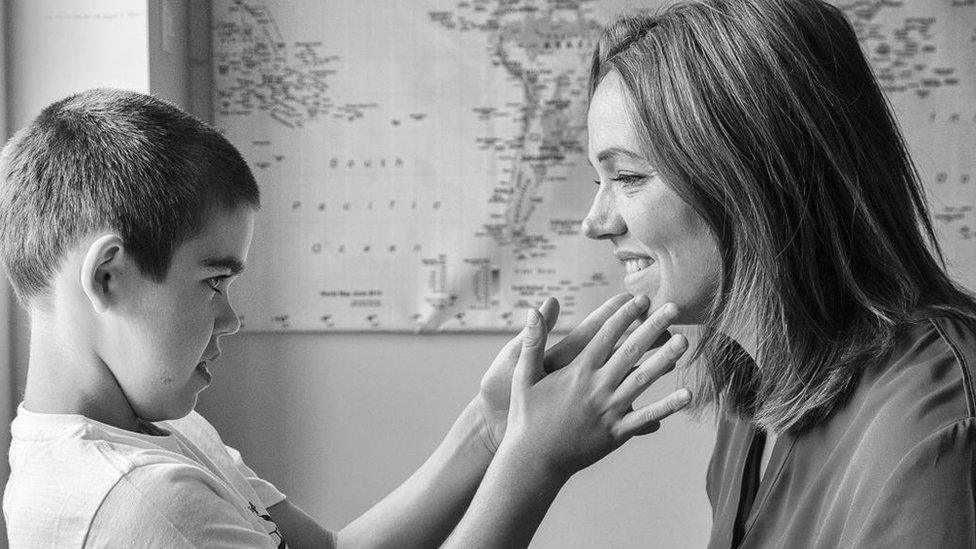
Ms Deacon said she had been told Alfie would have to swap products and that was "just unacceptable"
Ms Deacon said there were 42 children, including her son, who were now "at great risk" and stated: "If he is to be forced to move to a different product, that's going to put his life at risk."
Prof Barnes said it was "not an exaggeration" to state "one or two" of these children on the drug "will die" if they can no longer receive it.
He pointed out there were "147 different cannabinoids" in each plant.
The neurologist stated: "[The Department of Health and Social Care] has made the mistake out of ignorance... some [products] suit one child. Some suit another. Each strain of cannabis plant is subtly different."
A spokesperson for the government said it sympathised "with patients dealing with challenging conditions".
"The decision on what treatments to prescribe for patients is rightly one for clinicians to make, on a case-by case basis and dependent on the specific needs of the individual," they added.
"If patients have any concerns, they should discuss them with their doctor."

Follow BBC West Midlands on Facebook, external, Twitter, external and Instagram, external. Send your story ideas to: newsonline.westmidlands@bbc.co.uk , external
Related topics
- Published30 December 2020
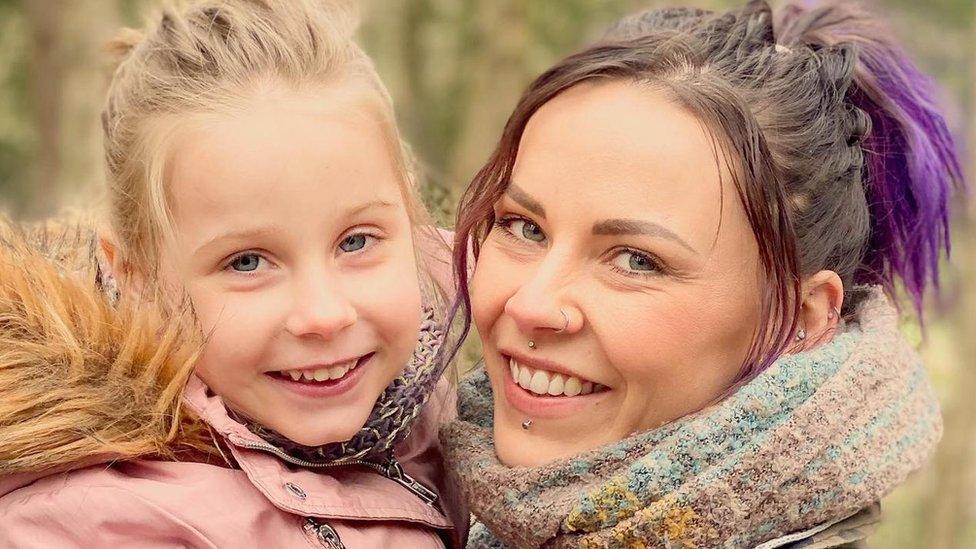
- Published13 November 2018
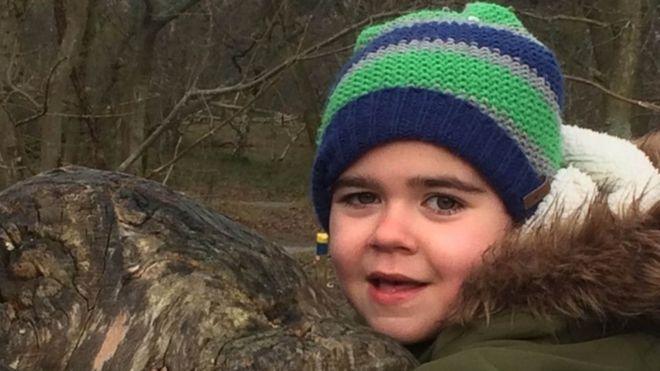
- Published27 October 2018

- Published11 October 2018
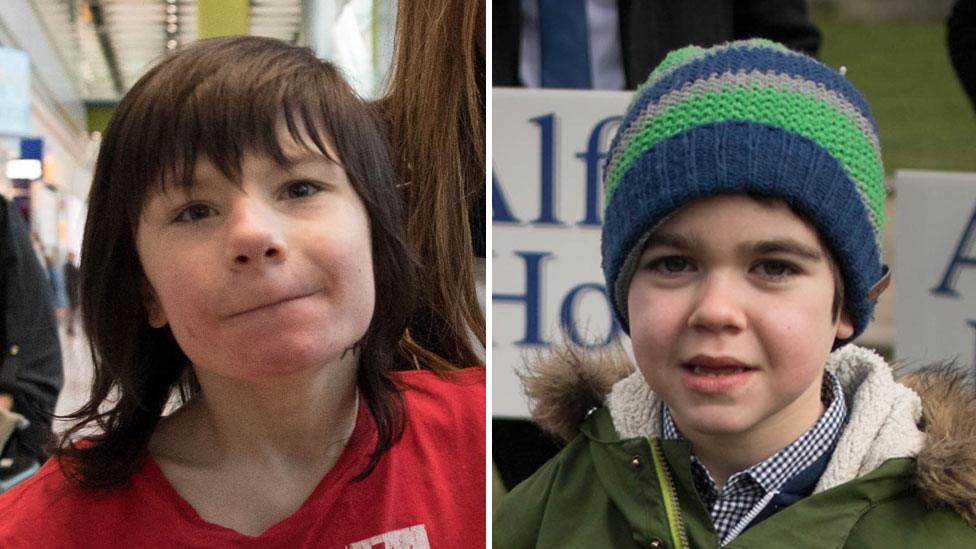
- Published10 July 2018

- Published17 June 2018

- Published20 March 2018
